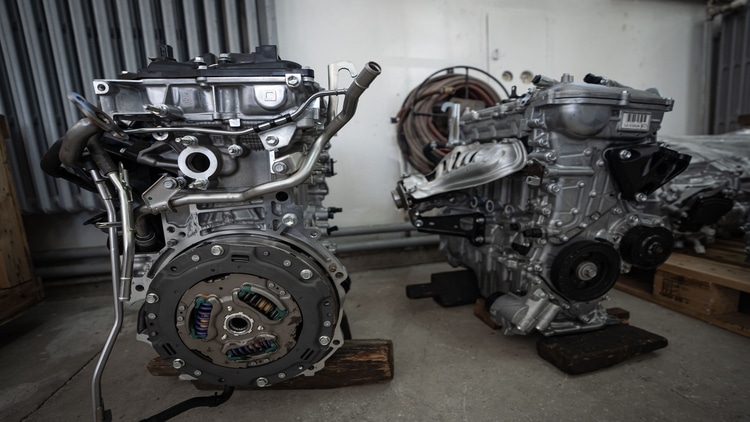A significant ruling by the Third Civil Chamber of the Court of Cassation clarified the rights of consumers facing persistent manufacturing issues. The court concluded that a car which underwent two engine replacements within three years of its purchase suffered from a hidden defect and must be substituted with a brand-new, fault-free vehicle.
The case centered on an Istanbul resident who bought a car in 2016 for 176,713 euros from an authorized dealer. Despite routine maintenance at official service centers, the vehicle’s engine failed in 2019. After a 99-day repair involving full engine replacement, the issue recurred merely three days later. The engine was replaced once again, and the vehicle was returned to its owner 84 days after the second repair.
When the car displayed a heating warning only two days later, the owner refused further repairs, frustrated by repeated malfunctions. In total, the individual managed to drive the vehicle just five days over a six-month period.
Consumer’s Legal Action and Court Proceedings
The dealership rejected the buyer’s request to replace the vehicle, prompting the owner to file a lawsuit with the Istanbul 3rd Consumer Court. The case sought the replacement of the allegedly defective car with a flawless equivalent model. The defendant maintained that no manufacturing defect existed and argued that the plaintiff had operated the car for almost five years, requesting dismissal of the case.
Upon review, the court sided with the consumer, noting nine service visits between 2016 and 2021, including multiple part replacements and two complete engine changes under warranty. The court asserted that the car had lost its original qualities, preventing the owner from obtaining the expected benefit of the product. Consequently, the vehicle was officially classified as having a hidden defect.
High Court’s Justification and Final Decision
The Court of Cassation’s Third Civil Chamber upheld the lower court’s decision, confirming its validity. The ruling emphasized that the recurring engine problems were not visible at the time of sale, stemmed from production or design issues, and directly affected the use and value of the vehicle.
The decision stated: “Since the mechanical faults could not have been detected prior to purchase, originated from manufacturing design, and significantly impeded proper operation, such issues constitute a hidden defect under Law No. 6502. Therefore, the defendant’s appeal was rejected, and the ruling to replace the flawed vehicle was affirmed as lawful.”




